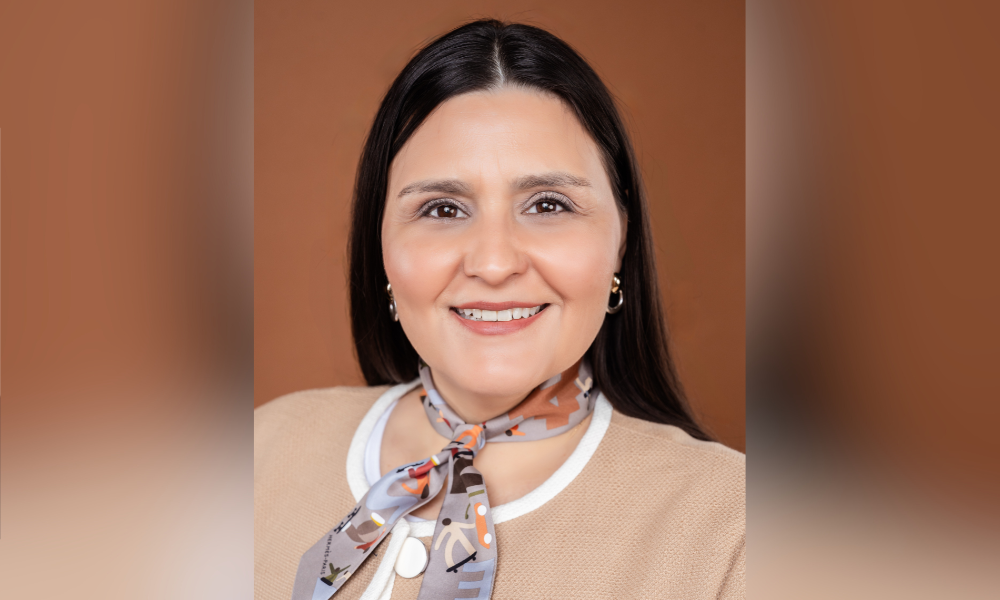The pandemic has upended many things, but nowhere is this more evident than in health-care delivery. To describe what health sciences are experiencing as revolutionary is not an overstatement.
Corporate lawyers who represent health and health tech companies have never been busier with IPOs, mergers and acquisitions.
Health tech IPOs are on a tear. Quebec-based Repare Therapeutics, a clinical-stage precision oncology company, raised US$253 million in its IPO on the Nasdaq Global Select Market. Two other Canadian biomed companies did likewise; Hamilton, Ont.-based Fusion Pharmaceuticals and Vancouver’s AbCellera Biologics Inc. AbCellera’s IPO pushed the total value of Canadian IPOs in 2020 to $5.72 billion, taking the country’s IPO market to its highest level since 2014.
Along with the investor interest, there have been rapid technological innovations on the ground.
Along with these innovations is a dramatic change in the rules for how virtual health care is delivered and billed.
Governments are revisiting billing codes, the scope of practice, compensation for digital health-care delivery and professional statutes for health-care professionals, says Laura Weinrib at Blake Cassels & Graydon LLP. Ontario has enacted new billing codes for providing remote advice, and Alberta has already announced its plan to continue funding remote care in many circumstances.
Apart from the human toll of the pandemic, though, COVID-19 has a dark side for the health-care sector. Burnout is prevalent among health professionals, and hospitals are delaying non-emergent care to prioritize COVID. An overreliance on virtual care can also result in a missed diagnosis since in-person meetings can uncover other symptoms and issues.
Yet the revolution is here, and the lawyers who work in the health sciences industry are ready and able to help their clients navigate the uncertainty.





